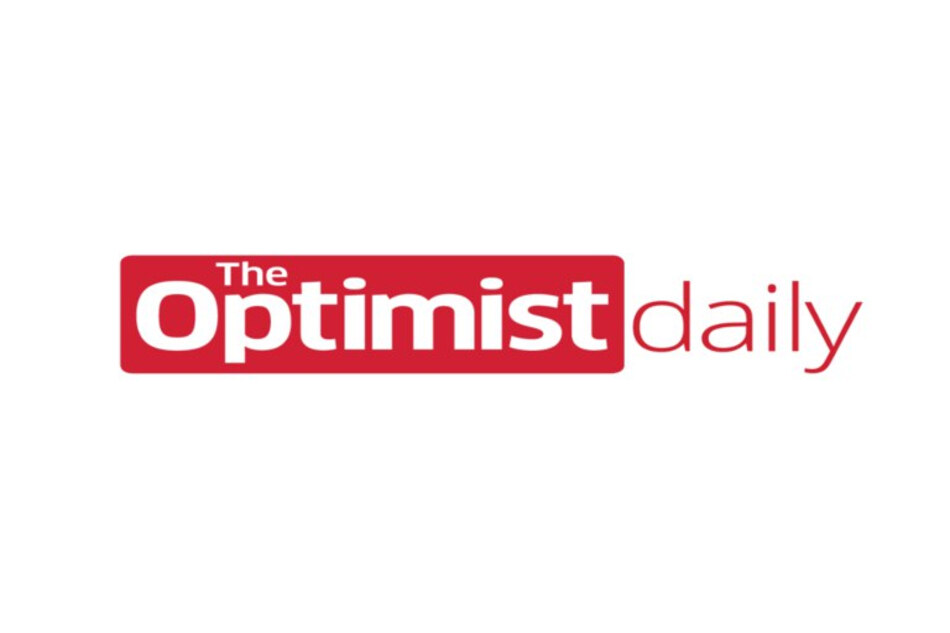At the Optimist Daily, we are strong advocates of a meat-free diet, especially since the production of livestock is the greatest contributor of greenhouse gasses in America. With that said, beef production is showing no signs of stopping any time soon, so we’re open to solutions that minimize the impact of cows.
Enter scientists from Pennsylvania State University, who have found that adding a single supplement to the feed of cows can cut their methane emissions by around 25 percent, without affecting their milk-producing capacity.
As cows digest their food, microbes in their stomachs break down the materials and produce methane, which builds up until it is released primarily via the mouth in the form of burps. According to the United Nations’ Food and Agriculture Organization, livestock contributes 14.5 percent of all man-made greenhouse gas emissions and the methane they belch out makes up almost half of that, so a small reduction here and there could make a big difference.
Tropical leaves, puffy pink seaweed and fish oils are just a few of the diet supplements that researchers are exploring as a way of putting a dent in bovine methane emissions. The Penn State researchers believe they have found a leading candidate, however, in the form of a compound called 3-NOP.
Compared to a control group of cows fed a regular diet, those consuming the 3-NOP compound decreased their daily methane emissions by 26 percent. Furthermore, it didn’t impact their lactational performance or the properties of the milk they produced, while actually increasing their feed efficiency per unit of milk yield. And because it is a relatively cheap compound, the researchers are hopeful it could see widespread uptake around the world.












